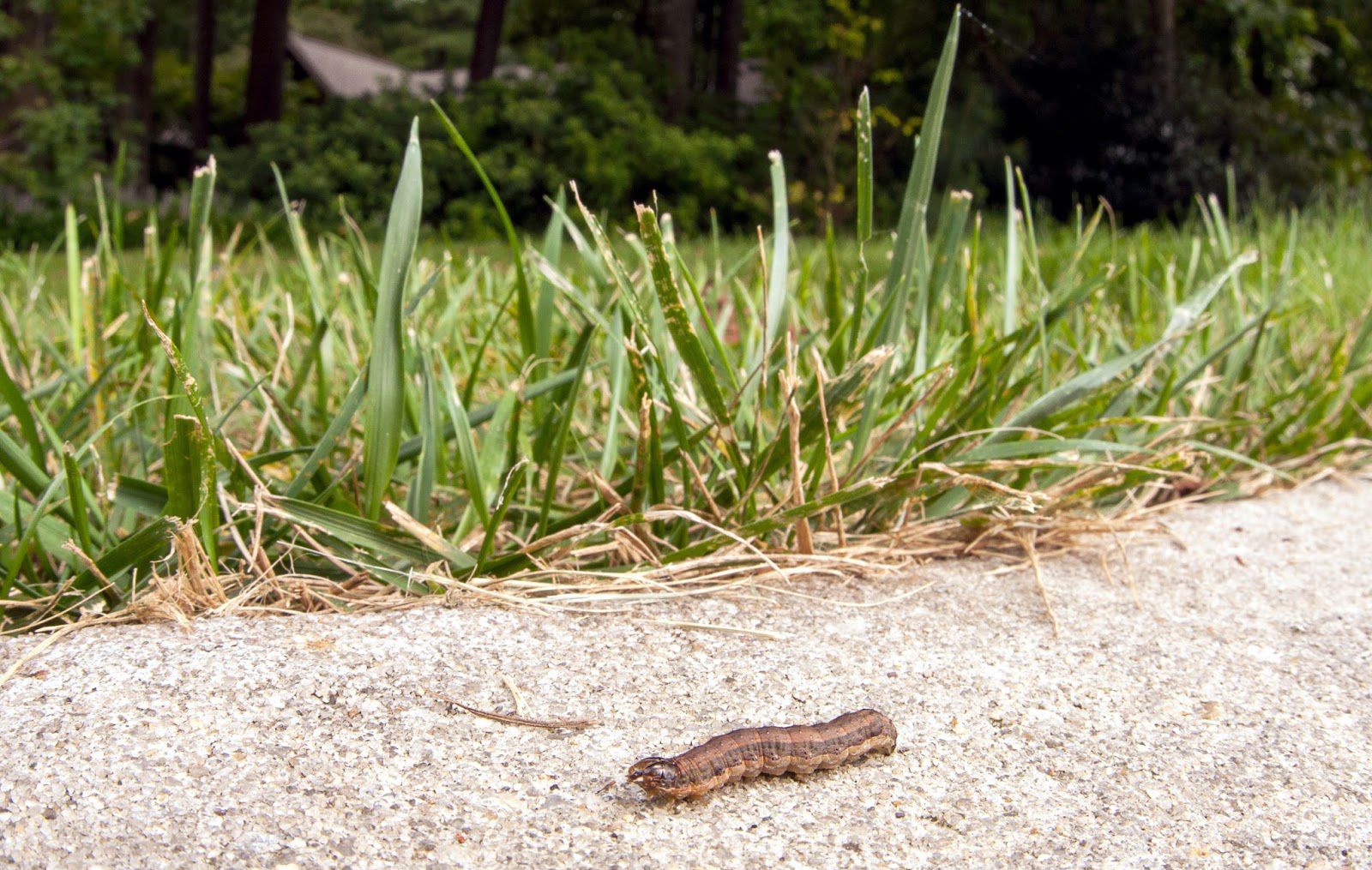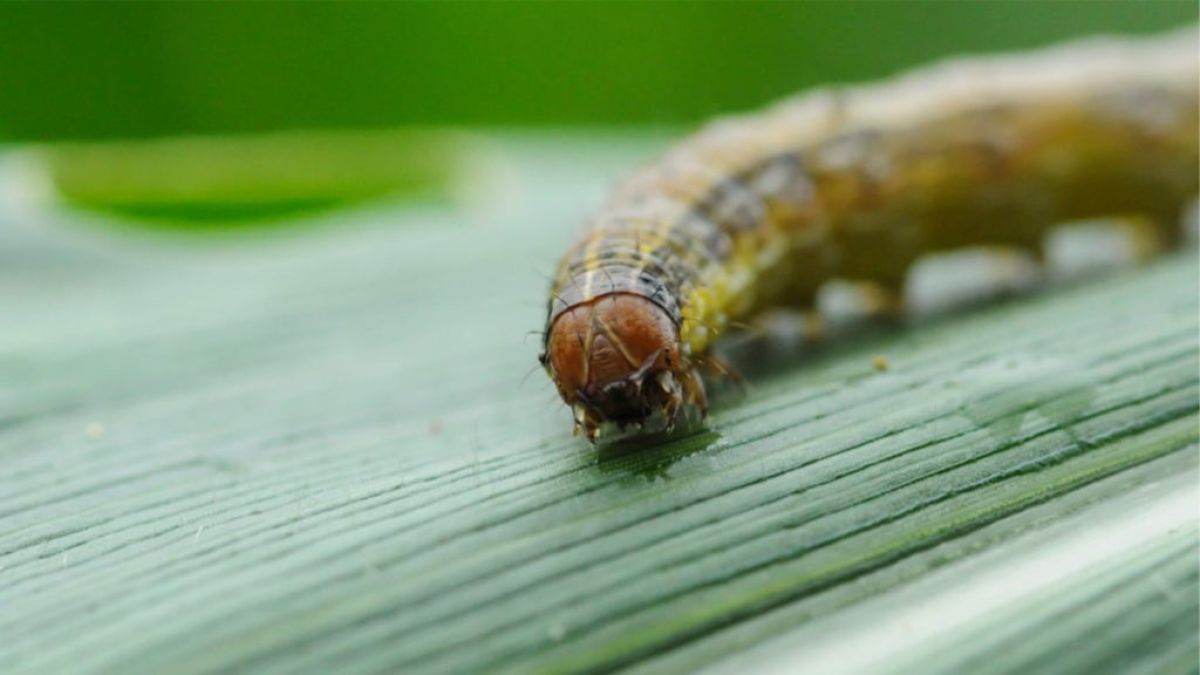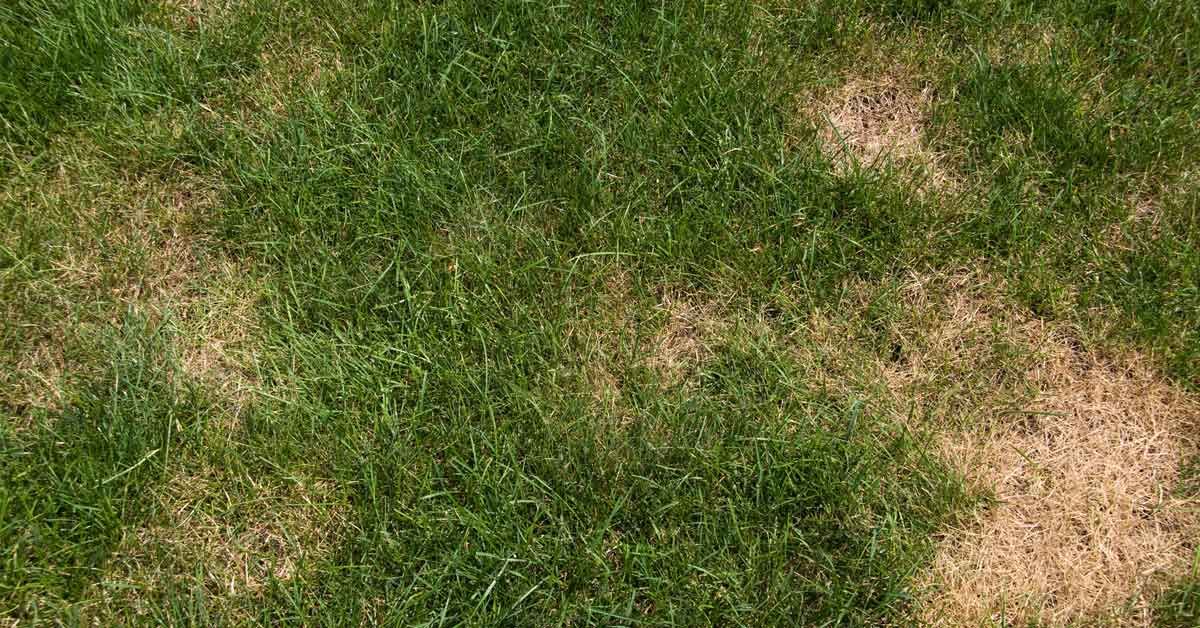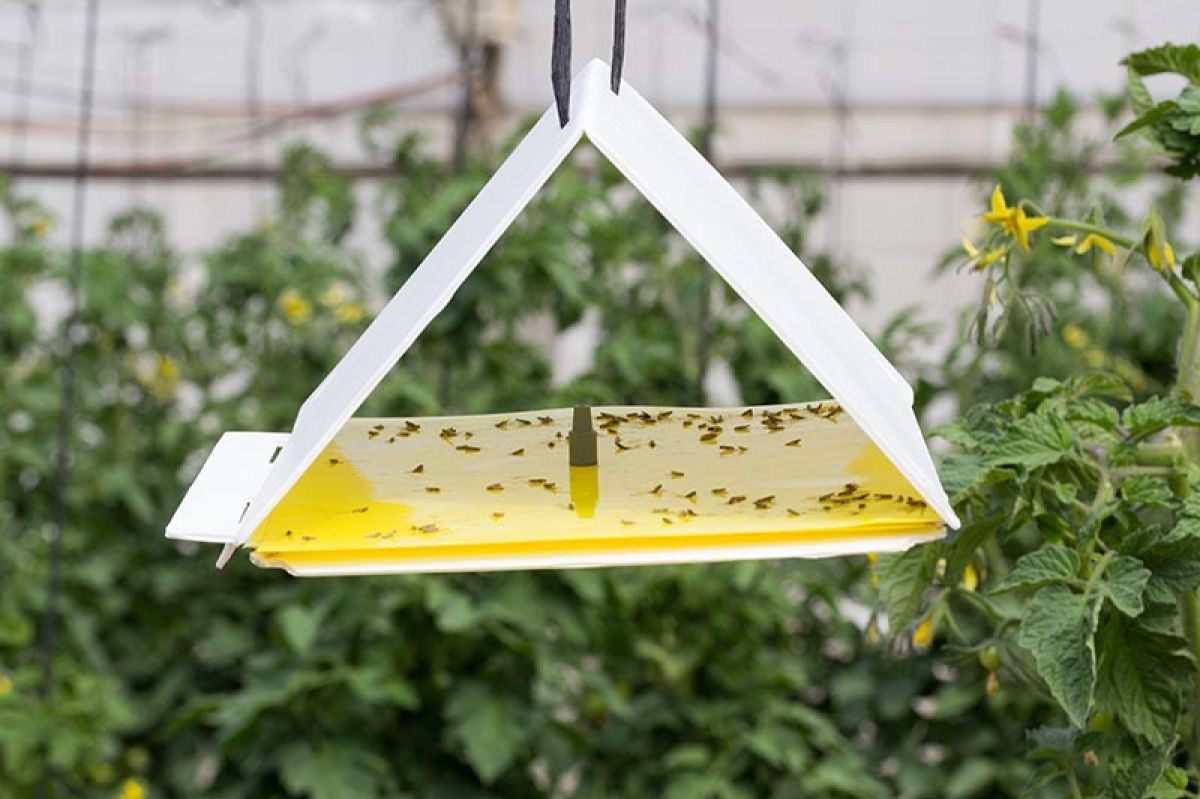

Discover the Secret to a Lush and Healthy Lawn
Read More ›
Blog
In 2021, Virginia had the biggest infestation in 30 years…

Last summer, lawns and fields across the country were overwhelmed by an infestation of armyworms — with Virginia being especially hard hit. A member of the cutworm family, these harmful critters travel en masse, devouring everything in their path.
A farmer from Ohio gives some perspective on just how devastating they can be (as quoted in the Washington Post).
"One Friday, Elchinger noticed a couple of armyworms on the outskirts of some of his alfalfa fields. There were only a few, he said, so he figured he would deal with them over the weekend. “But by Sunday, the field was completely overtaken by bugs,” he said. In two days, the worms had stripped his alfalfa down to its stalks, chewing off essentially every leaf, Elchinger said. “It was shocking,” he said. “I’d never seen nothing like it.”
There can be millions of armyworms in a single colony, and they can completely destroy a lawn in a single day.
So, as winter draws to a close and we look forward to the warmer weather, it’s time to be on the lookout for these destructive garden pests.
Armyworms are the larvae of moths that migrate from the tropics in the spring, often hitching a ride on storm winds heading north.
The larvae are 1 ½ to 2 inches long and may vary in color, but typically are brownish with stripes of light green, yellow or red along their sides and back. The moths are 1 ½ inches across and their front wings are dark gray with light and dark while the hind wings are light gray.
You can find armyworms anywhere east of the Rocky Mountains. And although they’re not cold-tolerant, they have been increasingly able to overwinter in Virginia, becoming a problem from spring straight through fall.

Often, by the time your lawn turns brown, it’s already too late — the worms have likely been there munching on your grass for a number of weeks. If this is the case for you, don’t worry…we can help!
Seeing a single armyworm is cause for concern (as the farmer found out) since female armyworm moths can lay 1,500 eggs during their 31-day lifecycle!
For early detection, look for:

Early detection of these destructive pests is essential if you want to keep them from destroying your lawn and gardens, so you need to be vigilant.
Here are a few things to try if you see armyworms in your yard:
When it comes to armyworms, though, an ounce of prevention is worth a pound of cure.

We’re not your typical workplace.
There are a number of insecticides you can use to deter armyworms from using your lawn as their personal buffet, but you have to be careful not to harm beneficial insects (the ones that eat armyworms, for instance) and pollinators in the process.
At Brandon Rushing, we’re using a new treatment this year called Acelepryn®. It’s a safe and effective insecticide that offers season-long control of grubs and armyworms with a single application (along with other garden pests like billbugs and bluegrass weevil) — without harming worms, honeybees or other beneficial insects.
You can also enlist nature to help you in the fight against armyworms — they’re a tasty treat for creatures like birds, spiders, beetles, ants, wasps, skunks, so plant your garden to attract these predators (I would forgo trying to attract wasps and skunks…). We can help with this too!
Here are a few other things you can do to prevent an infestation:
2021 saw the largest infestation of armyworms in almost 30 years, so make sure you’re extra vigilant when you’re caring for your property. It takes a lot of time (and money!) to keep your lawn lush and green, so it would be a shame to see it gobbled up like poor Elchinger’s field.
If you’re interested in adding the Acelepryn® treatment to your lawn and garden care program, give us a call (or send us a message using the new app!). We’ll be applying the product in early spring, so don’t delay.
If you don’t currently have a maintenance contract with us and you’re interested in having us care for your lawn and gardens this season, contact us for a free quote.
Let’s all have a great, pest-free summer!
Written by Brandon Rushing, Founder & President
Posted on: April 4th, 2022